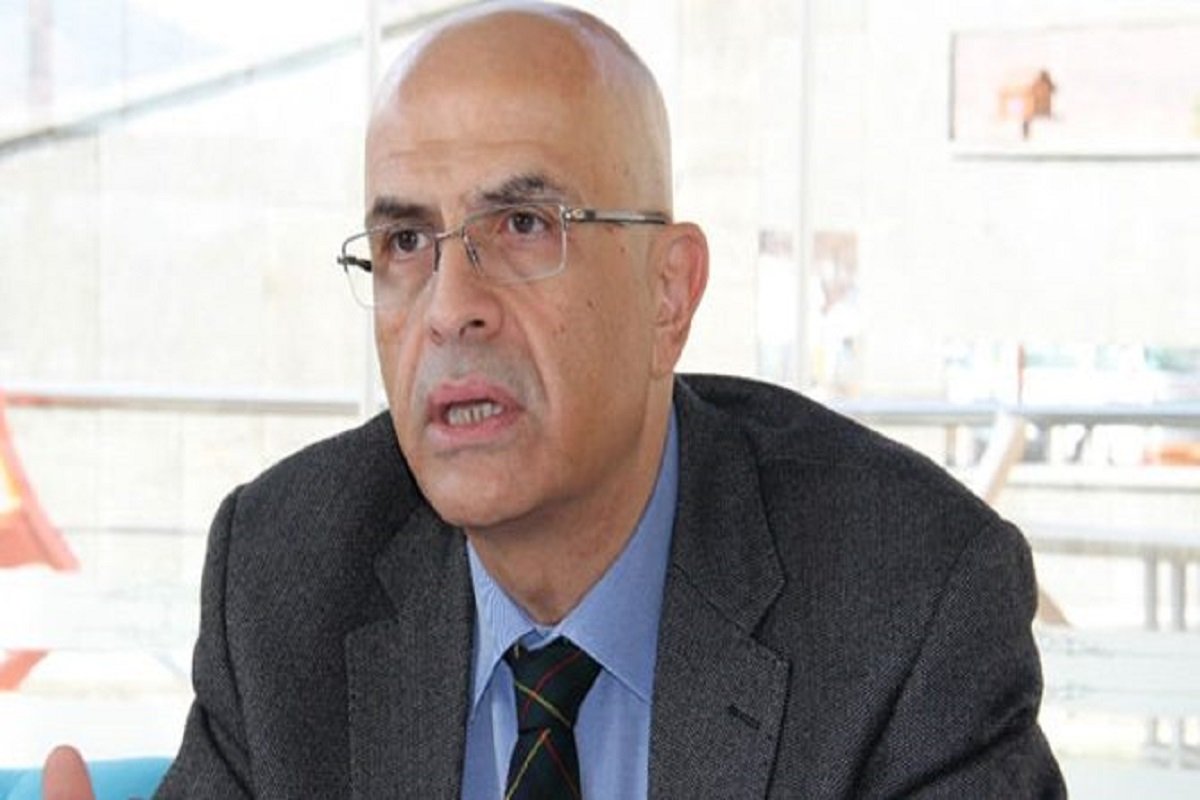Turkey’s main opposition Republican People’s Party’s (CHP) jailed deputy Enis Berberoğlu was sentenced on Tuesday to 5 years and 10 months in prison. The 2nd Penal Chamber of İstanbul Regional Court of Justice has also ordered that Berberoğlu would remain under arrest.
The prosecutor had previously demanded 25 years for Berberoğlu on terror charges but the court gave him a 7-year prison sentence, which it reduced to 5 years and 10 months for his good character.
The 61-year-old Berberoğlu made his defence by video from prison. “I have been a journalist for 33 years and a politician for three,” he said. “I have served this country. If you add a single other crime to my file I am ready to serve life in prison. But you cannot add one.”
Berberoğlu, currently behind bars in İstanbul’s Maltepe Prison for allegedly “leaking state secrets,” was sentenced to 25 years in prison on June 14, 2017. Berberoğlu, the first CHP deputy to be given prison time, is accused of providing daily Cumhuriyet with a video purporting to show National Intelligence Organization (MİT) trucks sending weapons to radical Islamist groups in Syria.
Berberoğlu is a former journalist, who started his career at business daily Dünya in 1981. In his long journalism career, Berberoğlu also worked for Cumhuriyet, CNN Türk and Radikal. He also served as daily Hürriyet’s editor-in-chief from 2009 to 2014.
When the MİT truck story first broke in 2015, it produced a political firestorm in Turkey about the role of the Turkish spy agency in arming radical Islamist rebel factions in Syria and prompted an investigation into Cumhuriyet daily journalists Can Dündar and Erdem Gül, who published the report.
They were first jailed while facing trial on spy charges for publishing footage purporting to show MİT transporting weapons to Syria in 2014. Later, the two journalists were released pending trial.
When Dündar later published a book titled “We Are Arrested,” he mapped out the details of the news story on May 27, 2015, saying that a leftist lawmaker brought the information to him. Upon that revelation, the İstanbul Chief Prosecutor’s Office launched a new investigation and examined Dündar’s phone calls during the days leading up to the publication of the story.
The prosecutor’s office detected a phone conversation between CHP deputy Berberoğlu and Dündar on May 27. A new indictment was drafted naming Berberoğlu. In September 2016, an İstanbul court decided to merge the trial of journalists Dündar and Gül with that of Berberoğlu.
In order to protest the court decision, main opposition CHP leader Kemal Kılıçdaroğlu launched a “March for Justice” on June 14, 2017 in Ankara which ended at Maltepe Prison in İstanbul, where Berberoğlu is jailed.
Speaking to his party’s deputies in CHP’s parliamentary group regarding the delivery of the verdict, Kılıçdaroğlu said they would never accept the prison sentence for Berberoğlu. “My brother Enis, don’t you worry. I am sure, as sure as my name is Kemal, that you will be definitely acquitted at the end of this judicial process,” said Kılıçdaroğlu.
Turkey is the biggest jailer of journalists in the world. The most recent figures documented by the SCF has showed that 245 journalists and media workers are in jails as of January 24, 2018, most in pre-trial detention languishing in notorious Turkish prisons without even a conviction. Of those in Turkish prisons, 218 are arrested pending trial, only 27 journalists remain convicted and serving time in Turkish prisons. An outstanding detention warrants remain for 140 journalists who live in exile or remain at large in Turkey.
Detaining tens of thousands of people over alleged links to the Gülen movement, the government also closed down more than 180 media outlets after the controversial coup attempt.















